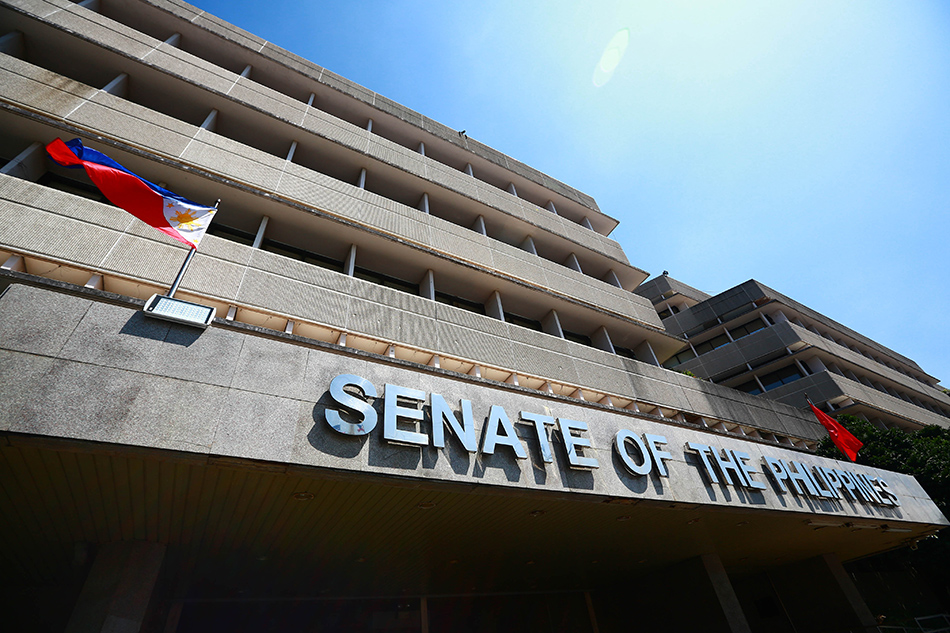
This week, the Philippine Senate is set to launch a pivotal inquiry into the burgeoning online gambling industry, a sector now raising alarms over its social ramifications and regulatory gaps. Chaired by Senator Erwin T. Tulfo of the Senate Committee on Games and Amusements, the hearing will commence Thursday, August 14, 2025, and will scrutinize several bills and resolutions targeting the growing influence of eGaming platforms.
Tulfo has not minced words: labeling the situation a “crisis,” he underscored the urgency of the probe, asserting that “we really need to take action to solve this problem.” With eGaming platforms operating with little restraint—allowing individuals to gamble without limits and even enabling minors to participate—Tulfo emphasized that regulation must address these glaring deficiencies.
The hearing will convene key government players, including representatives from the Philippine Amusement and Gaming Corporation (PAGCOR) and the Department of Finance (DOF). These entities will be tasked with providing cost‑benefit analyses, while also weighing the potentially devastating social costs of unfettered online gambling.
A key point of debate remains whether to impose stricter regulation or to pursue a complete ban. Tulfo is a vocal proponent of the latter. However, the DOF has cautioned against such sweeping measures—given that online gambling contributes to nearly half of the government’s gross gaming revenues—suggesting that tighter rules rather than prohibition may be the more balanced path forward.
The Palace has kept a measured stance. Emphasizing the importance of evidence-based policymaking, Press Secretary Claire Castro stated that any decision should be informed by a careful examination of addiction drivers, revenue implications, and the social welfare risks involved.
Industry analysts also warn of potential unintended consequences: Juan Paolo Colet of Chinabank Capital noted that banning eGaming outright could drive operators underground into unregulated, criminally inclined markets—where monitoring and enforcement become exponentially more difficult.
As testimony from affected families, youth advocates, and academic voices is expected to add depth to the inquiry, the Senate’s findings could shape one of the most critical public policy debates in the Philippines this year. The outcomes may determine not only the fate of the online gaming industry but also set a precedent for how the state balances economic interests against citizens’ well-being.


 Content Writer: Janice Chew • Monday, 25/08/2025 - 22:21:24 - PM
Content Writer: Janice Chew • Monday, 25/08/2025 - 22:21:24 - PM